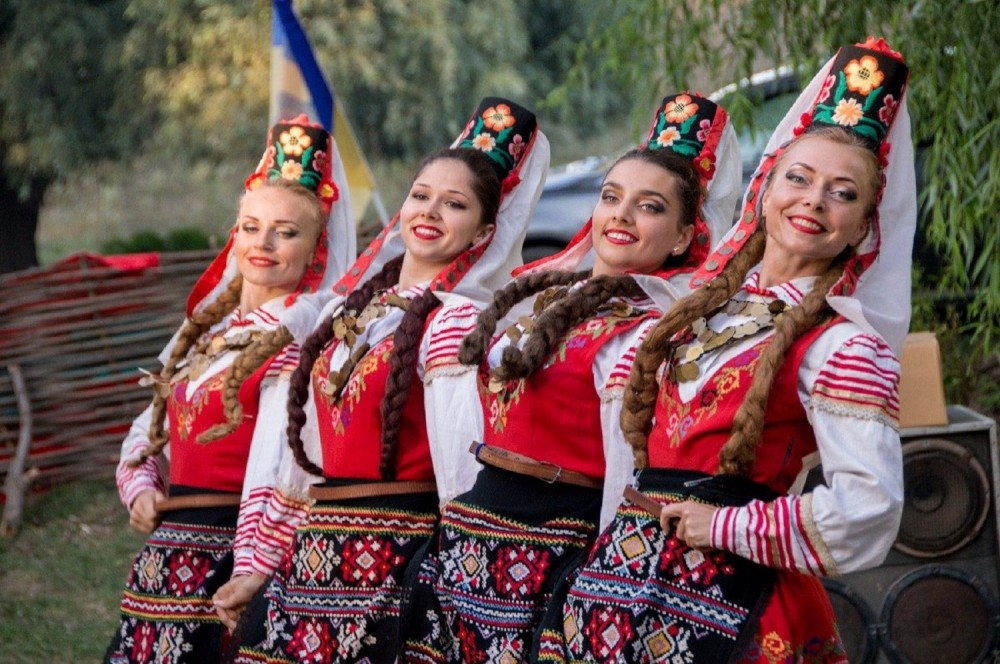
The goal of the scientific study is to identify the peculiarities of the situation in Bulgarian ethnic minority under the conditions of the Fascist occupation regime. In other words, to determine whether the fact of Bulgaria’s allied status with Germany in World War II affected the situation with a Bulgarian population in the South of Ukraine. Though there are many works in the national historiography devoted to the study of the situation of the rural population of Ukraine during World War II, its analysis in terms of separate ethnic groups has not been given enough attention. The territorial framework of the study is localized in the North Azov Sea region since there was the largest area of compact Bulgarian settlement on the territories included in the Reich Commissariat Ukraine (Bulgarian villages in Bessarabia were known to be located in Romanian occupation zone). It has been found out that both in their native villages during the occupation and in forced labor in Germany, Bulgarians of the North Azov Sea region did not have any marked preferences on national grounds compared to other residents of the region. Bulgarian population had been fully subjected to economic oppression, physical punishment, executions, and the forced deportation of young people to Germany as a labor force. Local Bulgarians also took part in the resistance movement. In particular, they were members of underground groups in Rainivka and Kolarivka. The status of Bulgarian Ostarbeiters also differed little from that of other Ukrainian workers. The only circumstance that distinguished the status of Bulgarians from the rest of the population of the South of Ukraine was the possibility of establishing contact with the historical homeland in order to seek protection and help. However, the use of that opportunity had not become widespread. In particular, we have evidence of the facts of assistance to the Taurian Bulgarians, the natives of the Azov region, who performed forced labor in Germany at that time, by Georgi Shishkov, the Secretary of the Bulgarian Consulate in Cologne. Some residents of the occupied Bulgarian villages of the North Azov Sea region, oppressed by German rule, also attributed the hopes of salvation to the historical homeland. In April 1942, a group of residents of the village Inzivka (mostly the representatives of the intelligentsia) wrote a letter to Tsar Boris III of Bulgaria with a request to allow Taurian Bulgarians to resettle to their historical homeland. Eventually, the Bulgarian government agreed with Germany to resettle 2,500 ethnic Bulgarians from Ukraine to Bulgaria. In the period from November 1943 to the autumn of 1944, several parties of immigrants arrived in Bulgaria. However, in 1945, at Stalin’s request, the settlers were returned to the USSR, and only a few of them managed to avoid forced repatriation. The initiators of the resettlement got various terms of imprisonment for cooperation with the occupiers and anti-Soviet agitation.
Source: Pacheva M. (2020). Bulgarian Villages of North Azov Sea Region in 1941-1943: German Occupation in Ethnic Dimension. Eminak. №3(31): 141-154
Source web-site: https://eminak.net.ua/index.php/eminak/article/view/443/271
Number of views: 3313